Chances are you’ve heard a lot of positive and negative feedback about Facebook advertising. Facebook is everywhere, after all. If you dabbled in it already, you might be wondering if you’re campaigns were effective, how to analyze your data, and what’s next. If you haven’t tried it yet, you might be wondering how to even get started?
Facebook advertising can be a great option for businesses of all sizes and industries. But it can present challenges, as well. As you consider Facebook as part of your marketing strategy, let’s break down some of the pros and cons of advertising on Facebook.
Pros:
One of the most obvious and important pros of Facebook is the vast number of people who spend time on the platform. Facebook is one of the largest and most frequented social media platforms with over 2.5 billion monthly active users in the world. Most of its billions of users scroll their Facebook feed multiple times per day, and spend an average of 30-40 minutes per day on the platform. Regardless of who your target audience is, you can reach them on Facebook.
– You might then ask- how do I reach MY target audience with so many people on Facebook? The answer to that question is another pro. Facebook’s ability to target your specific audience enables you to serve ads only to people you want to reach. You have the options to target your audience based on interests and demographic categories such as age, gender, sporting interests, shopping interests, or income and education level. You can also create audiences on Facebook and further specify your audience:
– Custom Audiences are made of information – called “identifiers” – you’ve collected about your customers (such as email, phone number and address) and provide to Facebook (all details are secure and kept private when doing this). You can also create custom audiences based on behavior that has been taken on your website, Facebook page, events, or app.
– Lookalike Audiences take your custom audiences and create an audience of people who match various interests and characteristics of that custom audience. You can then serve ads to those that ‘look like’ your current customers.
– With the recent changes to Facebook’s algorithm, content from friends and family is prioritized in news feeds. This makes it harder to show your organic content to your followers, so running an advertising campaign ensures your brand and message reach your audience.
– Another pro of Facebook can also be a con- the wealth of data and analytics for each campaign. The information is extremely helpful and provides details on your reach, impressions, clicks, and engagement. But at the same time, the data can be overwhelming, time consuming to analyze, and it can be difficult to find clear and meaningful action items.
One of the most obvious and important pros of Facebook is the vast number of people who spend time on the platform. Facebook is one of the largest and most frequented social media platform with over 2.5 billion monthly active users in the world. Most of its billions of users scroll their Facebook feed multiple times per day, and spend an average of 30-40 minutes per day on the platform. Regardless of who your target audience is, you can reach them on Facebook.
– You might then ask- how do I reach MY target audience with so many people on Facebook? The answer to that question is another pro. Facebook’s ability to target your specific audience enables you to serve ads only to people you want to reach. You have the options to target your audience based on interests and demographic categories such as age, gender, sporting interests, shopping interests, or income and education level. You can also create audiences on Facebook and further specify your audience:
– Custom Audiences are made of information – called “identifiers” – you’ve collected about your customers (such as email, phone number and address) and provide to Facebook (all details are secure and kept private when doing this). You can also create custom audiences based on behavior that has been taken on your website, Facebook page, events, or app.
– Lookalike Audiences take your custom audiences and create an audience of people who match various interests and characteristics of that custom audience. You can then serve ads to those that ‘look like’ your current customers.
– With the recent changes to Facebook’s algorithm, content from friends and family is prioritized in news feeds. This makes it harder to show your organic content to your followers, so running an advertising campaign ensures your brand and message reach your audience.
– Another pro of Facebook can also be a con- the wealth of data and analytics for each campaign. The information is extremely helpful and provides details on your reach, impressions, clicks, and engagement. But at the same time, the data can be overwhelming, time consuming to analyze, and it can be difficult to find clear and meaningful action items.
Cons:
– Getting setup to run a Facebook campaign can also be time consuming. Pixel coding needs to be installed on your website (a piece of code that provides analytics that can be used to optimize campaigns and create audiences). You also need to create a Business Manager page, which is where you create and manage campaigns, audiences, and analytics. The positive here is that once you are setup, you are good to go!
– Creating engaging and effective Facebook ads can be challenging and make-or-break a campaign. People scroll through their feeds at incredibly fast rates, giving you only a few seconds to catch the eye and engage with your audience. Your ad must not only quickly grab the attention, but must provide clear and engaging copy, visuals, and call-to-action that all work together. Why should someone stop and engage with your ad? When they click on the ad does the landing page correspond with the ad? To be successful in Facebook, the ads and campaigns must be strategic, well-planned, and well-crafted.
– It’s also important to note that with most Facebook advertising, you are most likely reaching a cold audience (unless you are retargeting or using a custom audience based on current customers). With a cold audience, you are reaching an audience that has not necessarily be introduced to your brand previously, and who has not indicated interest in your product or offering. This isn’t necessarily bad, but means the prospective audience you are reaching is higher in the sales funnel and could take longer to convert.
– As with all marketing tactics, Facebook shouldn’t be seen as a quick and easy fix to problems. It takes time, effort, and strategic thinking to be done well.
Facebook advertising can be an effective and cost-efficient way to reach your audience. As a part of your marketing strategy, Facebook advertising done right can help you reach your goals and objectives. If you have any questions about utilizing Facebook for your business, let us know and we would be happy to talk with you more about it.


